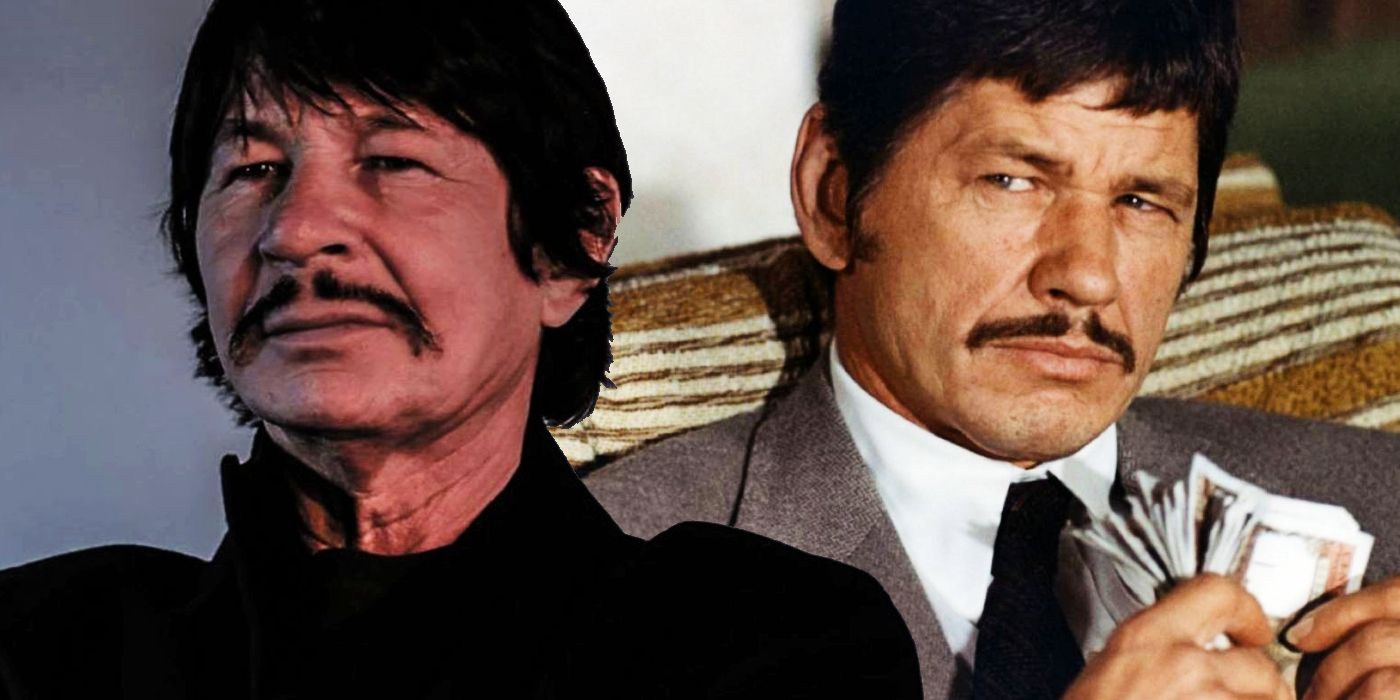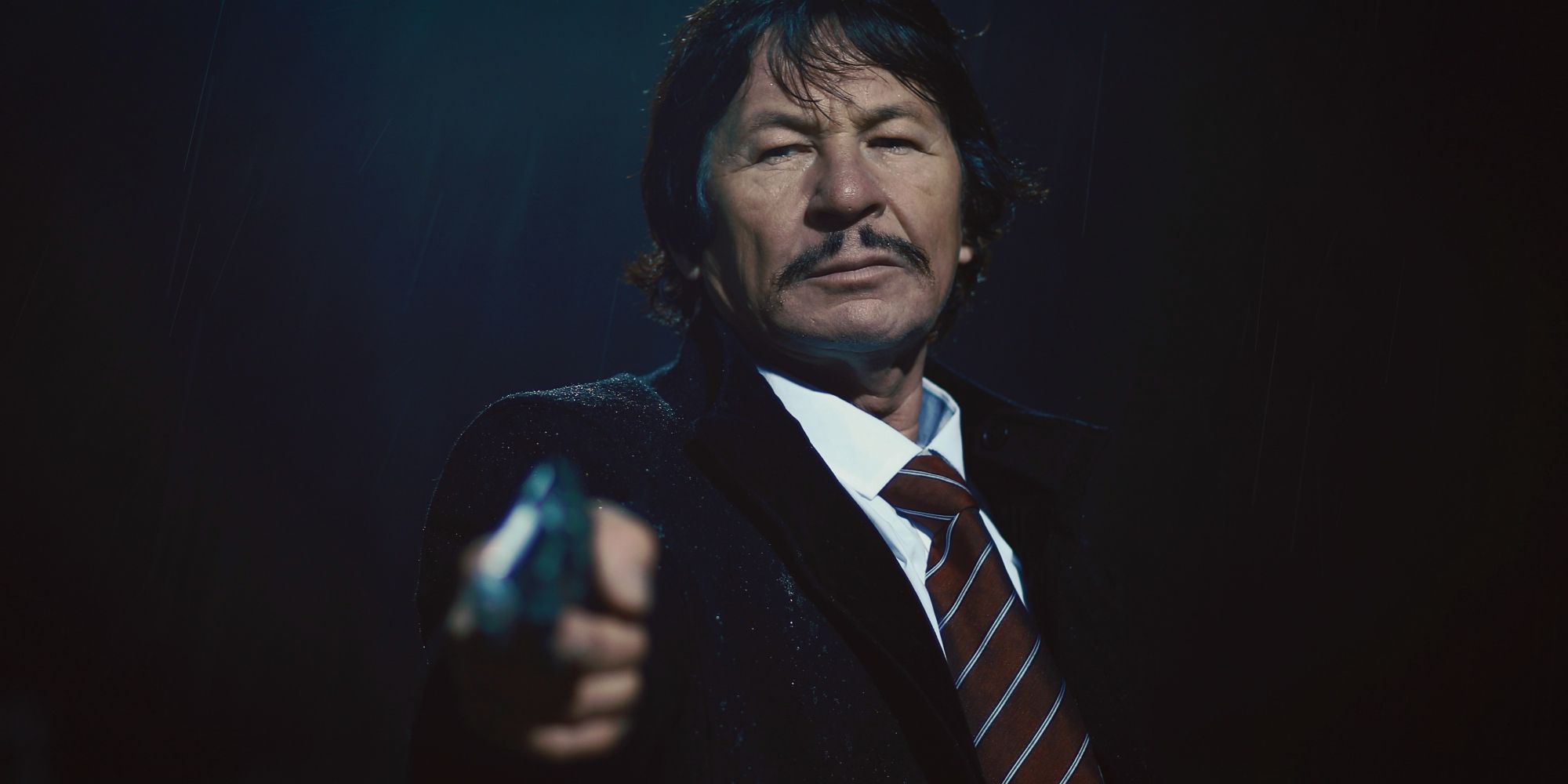Robert Bronzi Charles Bronson: The Untold Story Of Britain's Most Infamous Prisoner
The name Charles Bronson has become synonymous with violence, notoriety, and infamy in the annals of British criminal history. Known as one of the UK's most dangerous inmates, his life and transformation from Michael Gordon Peterson to Charles Bronson have fascinated and horrified the public alike. But who exactly is Robert Bronzi Charles Bronson?
This article delves deep into the life of Charles Bronson, exploring his origins, criminal activities, and the psychological complexities that define him. Through a detailed examination of his biography, behavioral patterns, and the societal impact of his actions, we aim to provide a comprehensive understanding of this controversial figure.
By the end of this article, you will gain insight into the man behind the headlines, the psychological and social factors that shaped his life, and the broader implications of his case for society. Let's embark on this journey into the world of one of Britain's most infamous prisoners.
Table of Contents:
- Biography of Robert Bronzi Charles Bronson
- Early Life and Background
- Criminal Career and Transformation
- Psychological Profile and Behavior
- Public Perception and Media Representation
- Impact on the Legal System
- Life Inside Prison
- Legacy and Influence
- Controversies Surrounding Charles Bronson
- Conclusion and Final Thoughts
Biography of Robert Bronzi Charles Bronson
Charles Bronson, born Michael Gordon Peterson on December 13, 1952, is one of Britain's most notorious inmates. Known for his violent behavior and eccentric personality, Bronson has spent much of his life in solitary confinement. His transformation from a petty criminal to a self-proclaimed "psychotic" has captured the imagination of the public and media alike.
Personal Information
| Full Name | Michael Gordon Peterson (a.k.a. Charles Bronson) |
|---|---|
| Birthdate | December 13, 1952 |
| Place of Birth | Leeds, England |
| Known For | Violent crimes, prison fights, and eccentric behavior |
| Profession | Inmate, self-proclaimed "psychotic," and former cage fighter |
Early Life and Background
Born in Leeds, England, Michael Gordon Peterson grew up in a relatively normal environment. However, his life took a dark turn in 1974 when he was convicted of armed robbery and sentenced to seven years in prison. It was during this time that his violent tendencies began to surface, leading to the adoption of the name Charles Bronson.
His early life was marked by a series of minor offenses, but it was his violent outbursts in prison that truly defined his future. Bronson's transformation into a self-proclaimed "psychotic" began during his incarceration, setting the stage for a life of infamy.
Criminal Career and Transformation
Charles Bronson's criminal career is a tapestry of violence and rebellion. Initially convicted of armed robbery, his time in prison saw him engage in numerous violent incidents, including attacks on both inmates and prison staff.
Key Incidents
- In 1984, Bronson attacked a prison officer, leading to an extended sentence.
- He was involved in numerous prison fights, often provoking violence to assert dominance.
- Bronson's behavior led to his classification as one of Britain's most dangerous inmates, resulting in prolonged solitary confinement.
His transformation into Charles Bronson was not just a name change but a complete overhaul of his identity. This persona became a symbol of his violent and unpredictable nature.
Psychological Profile and Behavior
Charles Bronson's psychological profile is complex and multifaceted. Psychologists have diagnosed him with a range of conditions, including antisocial personality disorder and narcissistic personality disorder.
Behavioral Patterns
- Extreme violence and aggression towards others.
- Eccentric behavior, including self-harm and bizarre acts of defiance.
- A strong sense of self-identity as a "psychotic," which he uses to justify his actions.
His behavior has been the subject of numerous studies, highlighting the psychological impact of prolonged solitary confinement and the challenges of rehabilitating such individuals.
Public Perception and Media Representation
The public perception of Charles Bronson is a mix of fascination and fear. Media portrayals have often sensationalized his story, focusing on his violent acts and eccentric personality.
Films like "Bronson," directed by Nicolas Winding Refn, have contributed to his mythos, portraying him as both a monster and an artist. This duality has sparked debates about the ethics of glorifying violent criminals.
Impact on the Legal System
Charles Bronson's case has had a significant impact on the British legal system. His prolonged incarceration and violent behavior have raised questions about the effectiveness of the prison system in rehabilitating inmates.
Experts argue that the system often exacerbates the mental health issues of prisoners like Bronson, leading to cycles of violence and retribution. This has prompted calls for reform and alternative approaches to dealing with violent offenders.
Life Inside Prison
Life inside prison for Charles Bronson has been one of isolation and reflection. Despite his violent tendencies, he has engaged in creative pursuits, including writing and painting.
His time in solitary confinement has allowed him to explore his artistic side, producing works that have been exhibited and sold. This duality of violence and creativity adds another layer to his complex personality.
Legacy and Influence
The legacy of Charles Bronson extends beyond his violent acts and prison walls. He has become a symbol of the challenges faced by the prison system and the complexities of human behavior.
His influence can be seen in the way society views violent criminals and the potential for rehabilitation. His case highlights the need for a more nuanced approach to dealing with mentally ill offenders.
Controversies Surrounding Charles Bronson
Charles Bronson's life is fraught with controversies. Critics argue that his behavior is a result of mental illness, while others see it as a calculated strategy to gain attention and notoriety.
Questions about the ethics of glorifying violent criminals through media representation have also been raised. This debate continues to rage, with no clear consensus on how society should view figures like Bronson.
Conclusion and Final Thoughts
Robert Bronzi Charles Bronson's life is a testament to the complexities of human behavior and the challenges faced by the prison system. His transformation from Michael Gordon Peterson to Charles Bronson highlights the impact of violence, isolation, and mental health issues on individuals.
In conclusion, while Charles Bronson's actions have caused harm and suffering, his case also serves as a catalyst for important discussions about the treatment of violent offenders and the potential for rehabilitation. We invite you to share your thoughts and engage in this conversation by leaving a comment below or exploring other articles on our site.
For more information on this topic, you can refer to sources such as the BBC, The Guardian, and The Independent, which have provided in-depth coverage of Charles Bronson's life and impact.


